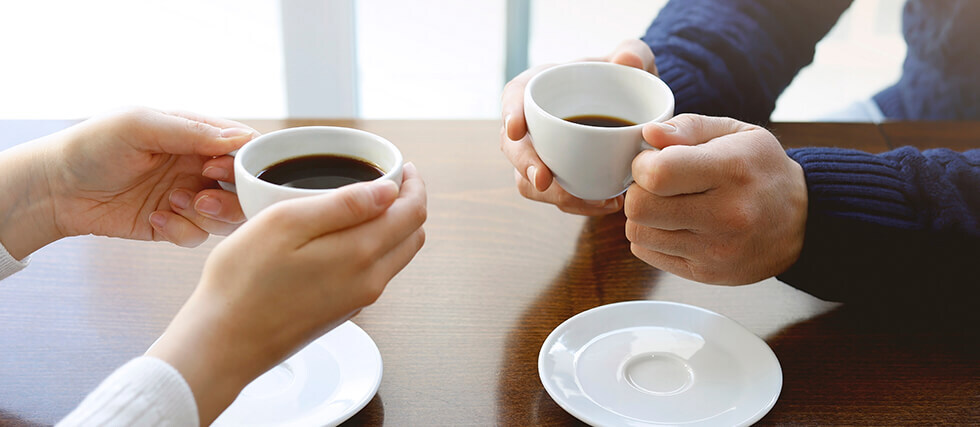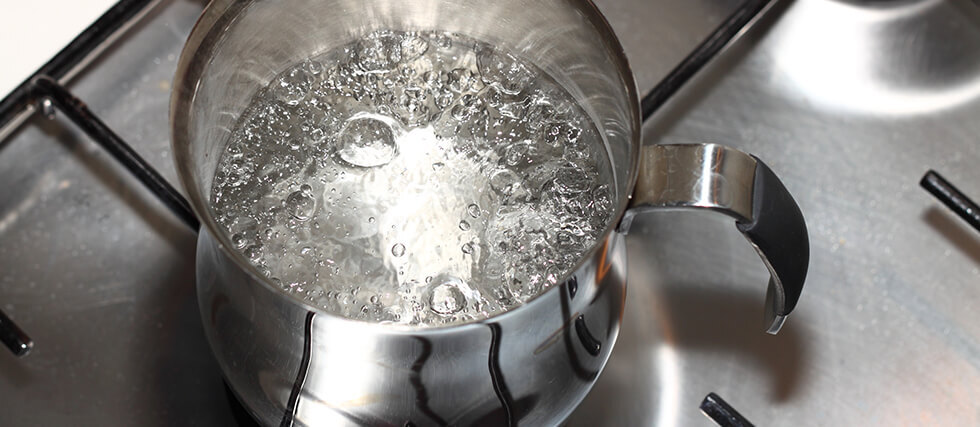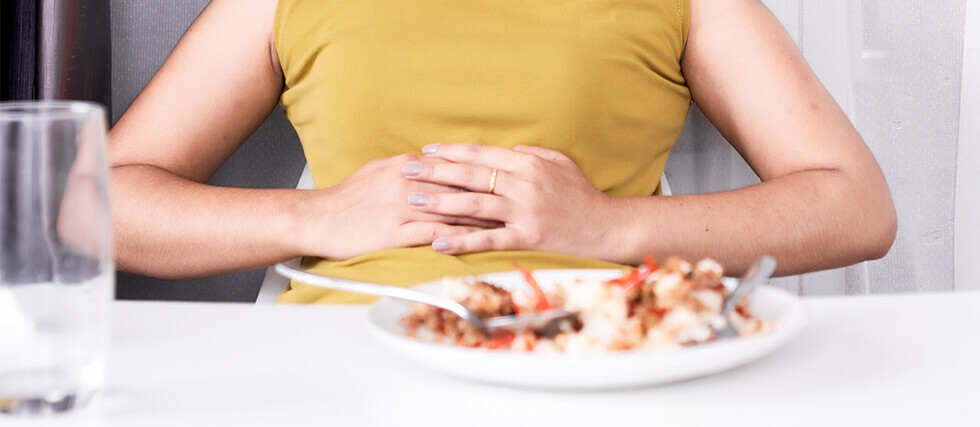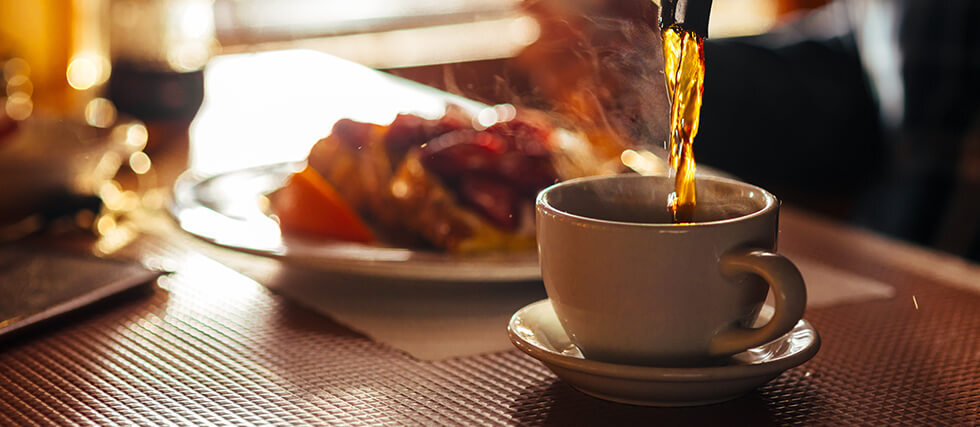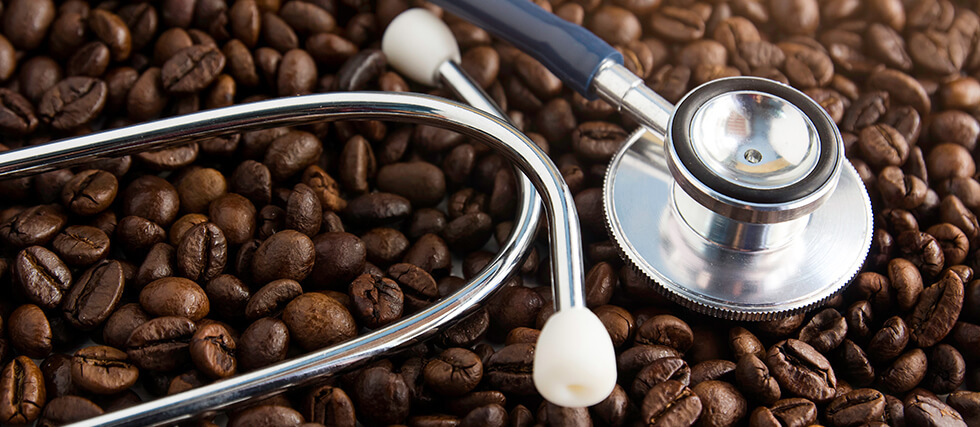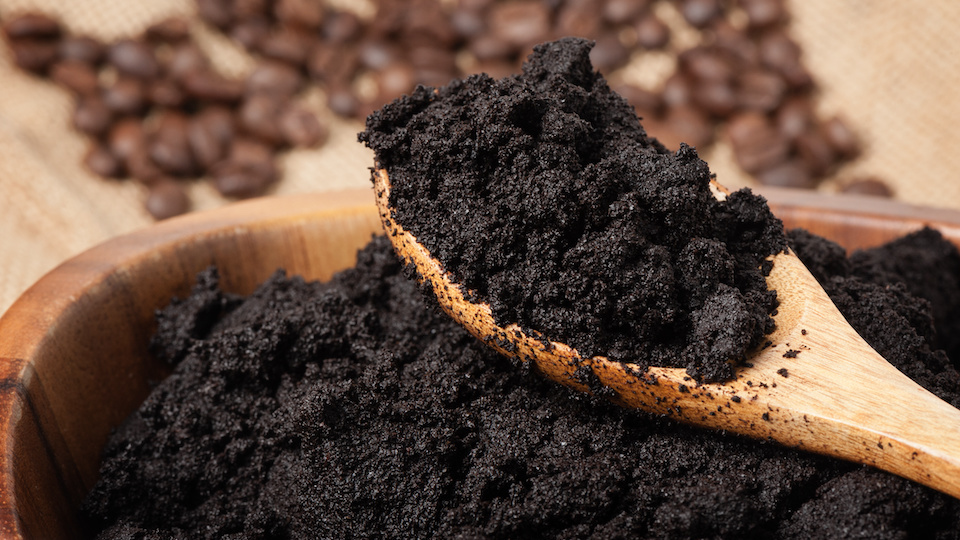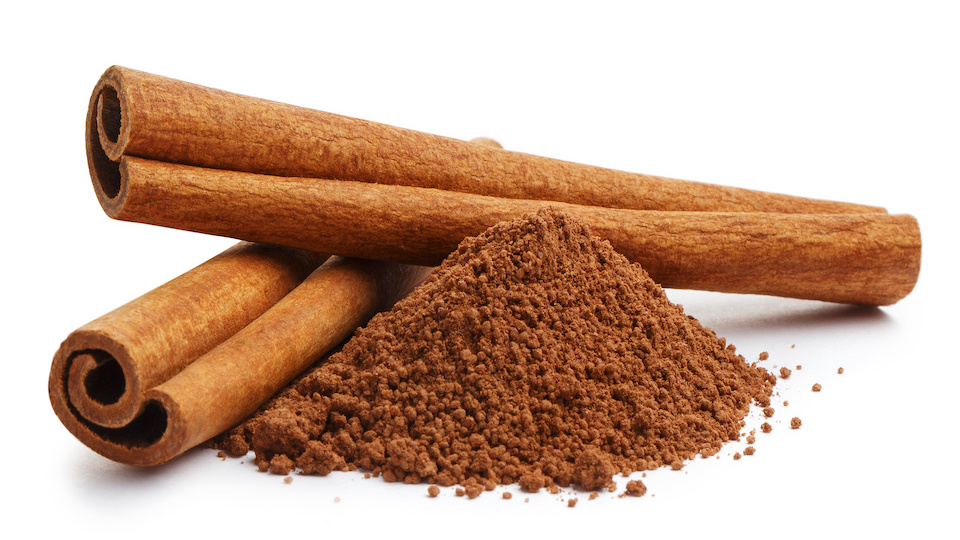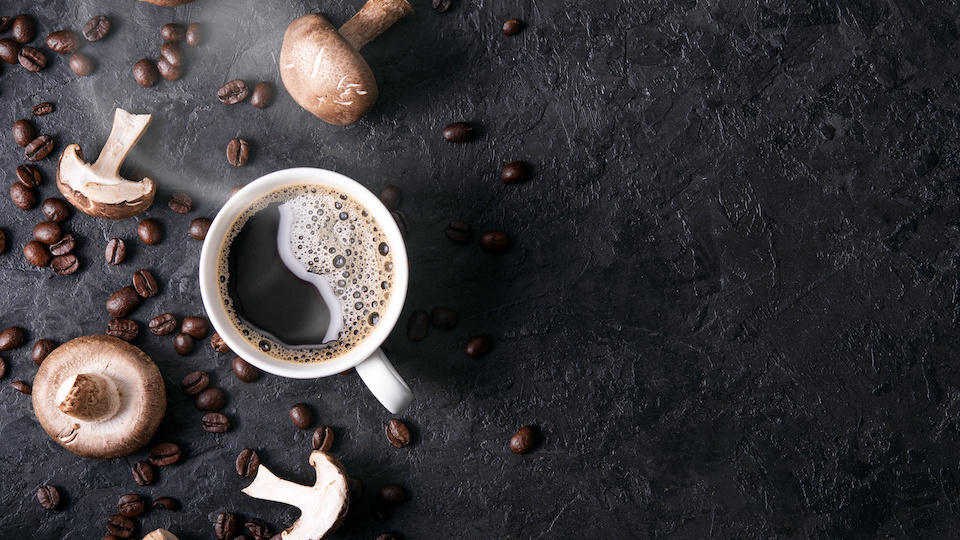The Best Time for Your Cup of “Joe” for Maximum Energy—And How Much You Should Really Have
That first sip of coffee in the morning? Pure magic. But if you’re reaching for your cup the second you wake up, you might be sabotaging your own energy levels.
Experts suggest waiting 60–90 minutes after waking up—typically between 9:30 and 11:30 a.m. for most people—to have your first cup. Why? Because your body’s natural cortisol levels, which wake you up, peak early in the morning. Drinking coffee too soon can make caffeine less effective, leaving you more dependent on extra cups later.
How to Time Your Coffee Right
If waiting an hour feels impossible, ease into it. Try delaying your first cup by 15 minutes a day until you hit the sweet spot. In the meantime, a quick shower, natural light, or even a brisk walk can help wake you up naturally.
When you do have coffee, space it out. Caffeine takes 20–45 minutes to peak in your system, so drinking cups back-to-back can lead to anxiety and the dreaded jitters. Afternoon coffee lovers should cut off caffeine by 2–3 p.m. to avoid sleep disruption.
How Much Coffee Is Too Much?
The safe daily limit for most adults is 400 mg of caffeine, which equals:
- Four small brewed coffees (90–100 mg each)
- Five to six espresso shots (65–80 mg each)
- Two to four large coffee shop drinks
Enjoy your coffee wisely—your energy (and sleep) will thank you!


